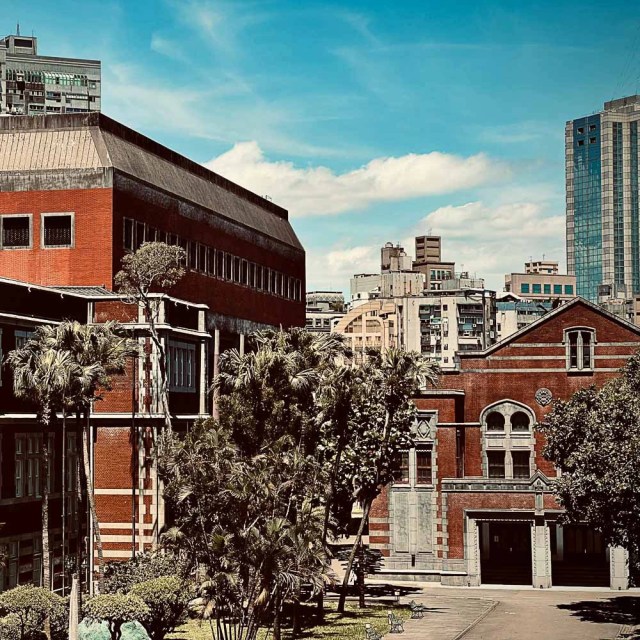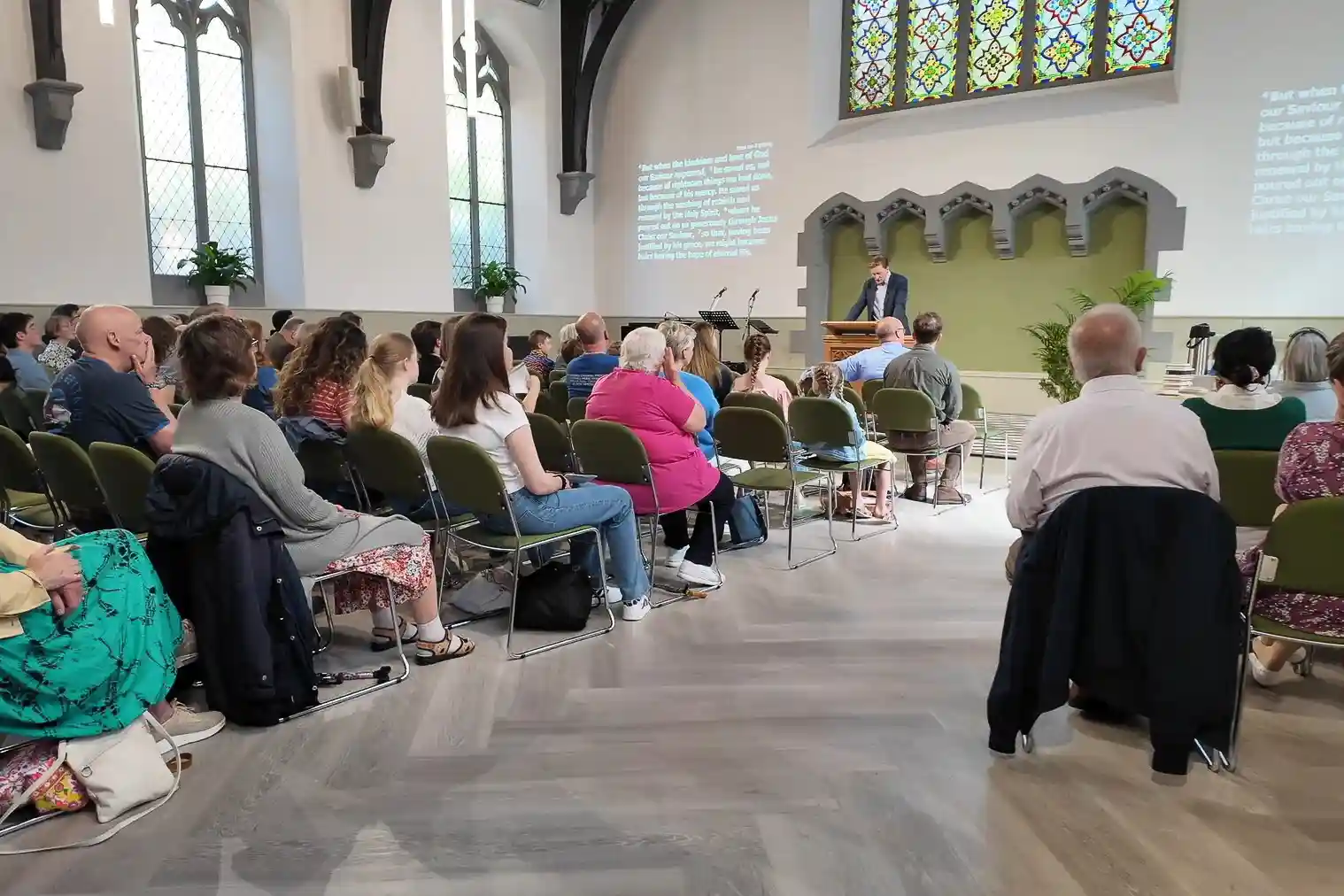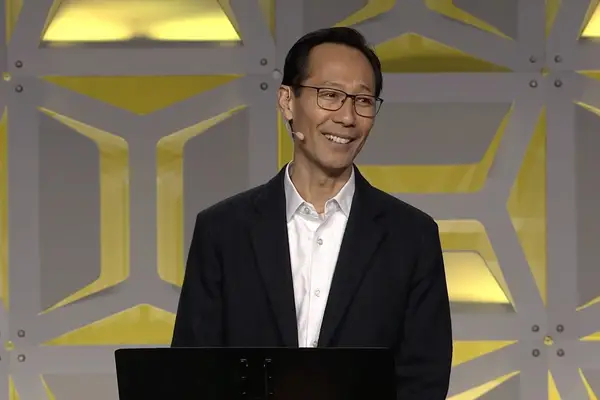50 Years of Global Missions
Cultivating Humility in the Face of Adversity

“By faith Moses, when he was grown up, refused to be called the son of Pharaoh’s daughter, choosing rather to be mistreated with the people of God than to enjoy the fleeting pleasures of sin. He considered the reproach of Christ greater wealth than the treasures of Egypt, for he was looking to the reward. By faith he left Egypt, not being afraid of the anger of the king, for he endured as seeing him who is invisible.”
— Hebrews 11:24-27
As we look back over the past 50 years of MTW’s global missions ministry, it’s worth remembering that we have faced countless obstacles. Global missions has gotten a lot harder. The world is more complicated. There are wars and political maneuvering that have resulted in closed borders and missionaries coming home. On top of all that, our Church here in North America is in decline and facing great opposition. With all these challenges, we are tempted to sit back on our past accomplishments and shrink back in our commitment to the Great Commission. This is not an option.
What encouragement can we draw from God’s Word? Hebrews 11:24-27 highlights two heroic acts of faith by Moses. These verses, like the rest of the stories in this chapter, illustrate what faith is—actions and decisions that testify to the surpassing value of life in the kingdom of God and the certainty of God’s promises for His people. These are the stories that strengthen our faith.
As we look at Moses’ two acts of faith, I encourage you to reflect on what happened between these great events in his life as Moses faced failure, gained humility, and ultimately developed a fearless faith.
Prioritizing Kingdom Values
What was the first great act of faith in our passage today? It was Moses’ decision to give up his life in the palace. He left Pharaoh’s house to be associated with God’s people. “By faith Moses, when he was grown up, refused to be called the son of Pharaoh’s daughter, choosing rather to be mistreated with the people of God than to enjoy the fleeting pleasures of sin. He considered the reproach of Christ greater wealth than the treasures of Egypt, for he was looking to the reward” (11:24-26).
These verses make clear that there are two competing sets of values: one that values worldly power, status, money, personal comfort, and pleasure; and the other that values God’s approval, His rewards, His pleasure. As we reflect on the PCA and MTW’s 50 years of global mission ministry, we have countless examples of laypeople, pastors, and missionaries who have demonstrated through their acts of faith that they too were looking for our heavenly reward.
Several years ago, I met an older pastor who had asked if he could do anything for MTW. I said to him, “You can be a missionary.”
He said, “Oh no, I’m too old for that.”
I replied, “Actually many of our fields have been asking for more seasoned pastors to come and disciple young national church planters.”
He said he’d pray about it, which typically means, “no.” But several months later I saw him and his wife at our new missionary training. They’d decided to leave the comforts of the U.S. and leave their children and grandchildren to pursue global missions. When he saw me at our office he pointed and said, “It’s his fault!”
I’ve met donors who have given sacrificially toward the Great Commission. I’ve been to churches that have given over 30% of their budget to missions. And, of course, there are the countless people like this older pastor and his wife who have left their families, their homes, and their comforts to serve as missionaries in very challenging places. In all these ways, the PCA has demonstrated these past 50 years that we have been looking for our heavenly reward.
We should be genuinely encouraged by those who have gone before us and those who are even now living out these kingdom values and priorities!
Allowing Failure to Produce Gospel Humility
But before we go to the second great act of faith in verse 27, I’d like for us to reflect a little bit about what happened in Moses’ life after he decided to leave Pharaoh’s palace. Oftentimes we read these passages and we assume that our Christian life should be defined by one victory right after another. Or perhaps that our decisions of faith will be rewarded with safety, victory, or blessings.
This certainly was not the case for Moses. What happened after he left Pharaoh’s palace? He experienced failure. We read about it in Exodus 2:11-15. Moses saw an Egyptian beating a Hebrew. And in defending his Hebrew brother, he killed the Egyptian. He probably thought that his people would rally behind him and receive him as a hero. But they didn’t. They called him a murderer and rejected him. Exodus 2:14 says, “Then Moses was afraid, and thought, ‘Surely the thing is known.’” What did the young hero do next? He ran away. After 40 years in the wilderness, he forgot he was a prince. He forgot about his ambitions. He forgot about all the great things he would do. He became just an ordinary person, a shepherd, who lived an ordinary life.
I think there is an unwritten understanding that we have with God. It kind of goes like this: “Lord, I have given you my life. I have done all the right things. I have sacrificed and suffered for you. Because of this, you owe me. Not only do you owe me success, but you also owe me protection for my children, my marriage, and my health.” We might never say this out loud, but it certainly is there in our minds.
Two weeks after we arrived in the Philippines as newly minted MTW missionaries, I was zipping around Asia meeting national partners, planning theological trainings, and networking with seminaries. It was all that I imagined global missions to be. But the whole time I was traveling across Asia, my wife, who had the same call and passion for missions as I did, was at home taking care of our 2- and 4-year-old children. She was doing the same thing she did in the U.S. except without her family, her friends, or her support network. She struggled with loneliness and a growing resentment toward my workaholism and neglect of our family.
I remember sitting in bed with her one night after hearing her cry, telling her, “We can quit. We can go home. You are more important to me than any ministry.”
She said, “Ok, let’s quit. Let’s go home.”
“Really?” I said. She called my bluff. My mind was racing about how I would break the news to my team leader. I imagined what others would say. “He failed in ministry because he could not love his wife well.”
The next morning, she said, “I think we can stay here if you agree to limit your travel.” I’m so grateful for my very patient wife.
What was the fruit of Moses’ suffering and failures? It was humility. He is described as the humblest man on the earth (Numbers 12:3). This humility did not come from his success, but it came from his failure. As we reflect on MTW’s 50-year history, we acknowledge that we have experienced failures. Perhaps there are some reading this today who have suffered from our past failures. As great at MTW has been, we acknowledge that we are still broken people, full of pride and sin. We have hurt those in our community by things we’ve done and things we have not done. And we grieve over our failures and sins. We need to remind ourselves of these mistakes so that we can continue to grow in humility.
Our encouragement today is to not waste our failures or suffering to bitterness, resentment, or cynicism, but to allow our failures and tragedies to produce in us the fruit of humility and hope in the gospel. This leads to the last point, living out a fearless faith.
Living Out a Fearless Faith
It was when Moses had all but forgotten his royal upbringing that God called him to another great act of faith. It was when he was humble and broken that God decided to use him. The Moses described in verse 27, leaving Egypt the second time, is very different Moses from the one that left the first time. The first time he left, he was afraid; the second time he left, he left in faith. We read that Moses was not “afraid of the anger of the king, for he endured as seeing him who is invisible” (11:27). How did Moses boldly approach Pharaoh demanding that he let God’s people go? How did he overcome his fear? He saw God and feared him more than he did any man.
Our hope as we enter the next 50 years of global missions service is that this mission is God’s mission. And as our eyes behold our God, we gain confidence, not in ourselves but in the One who has called us. In spite of our failures and mistakes, His mission of filling His creation with His glory and dominion will not fail. He will draw his people from every nation, and He will build His Church—even through us. What an amazing God we have!
How then do we live this life of fearless faith? As we reflect on Moses’ great acts of faith, we recognize that what sustained him were the promises of God. But you see, what we have is even better. Moses was always looking forward to the promises. But he never received them. We on the other hand have received the promises. Hebrews 11:39 says, “and all these (men and women), though commended through their faith, did not receive what was promised, since God had provided something better for us.” What is the “something better?” Jesus. The reality. Life in the kingdom of God through Jesus Christ, the Spirit of Christ indwelling us.
Our encouragement today in our call to obedience to the Great Commission is the fact that Jesus is with us. His spirit indwells us. He will accomplish His mission through His Church.
And so let us keep our eyes fixed on Jesus, the author and perfecter of our faith. Let us be filled with his Spirit as we engage in His global mission with confidence and humility. To Him be all glory, honor, and praise!









